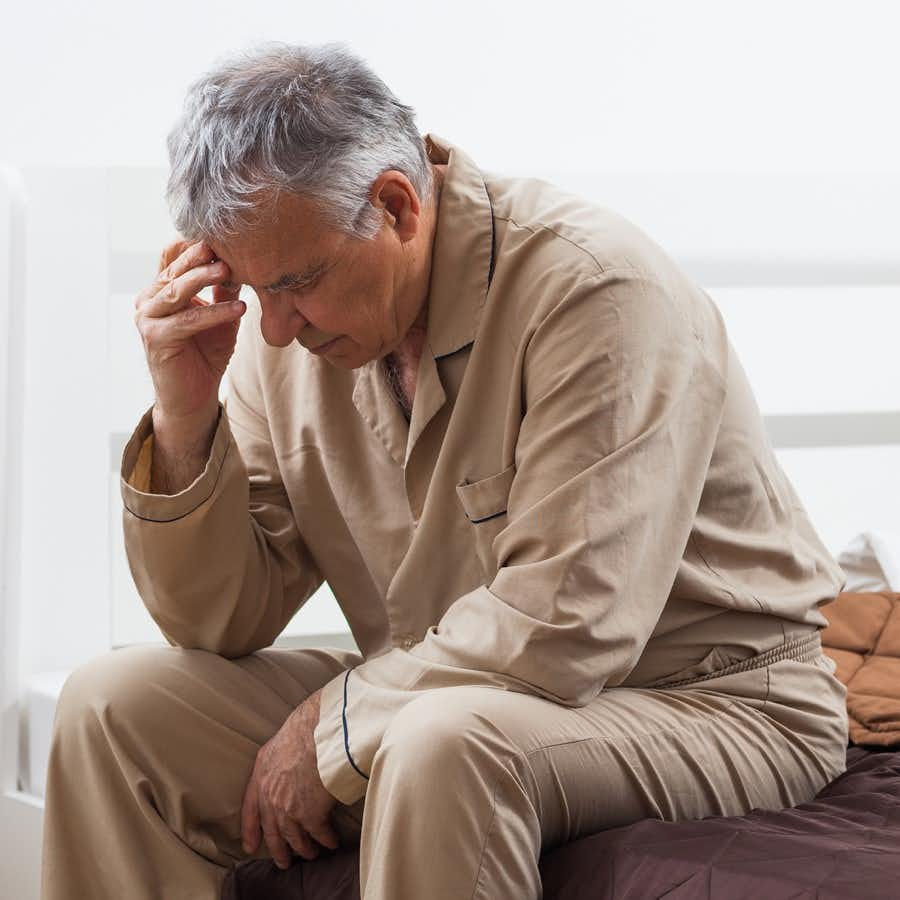
Much has been written about the epidemic of opioid drug misuse, overdose and death. With more than 130 people dying every day in this country as a result of opioid overdose, we all have a right to be alarmed. Within six years, the annual death toll is expected to rise to almost 82,000 (Chen et al, JAMA Network Open, Feb. 1, 2019). But another drug epidemic is flying under the radar, according to a different report in JAMA Network Open (Jan 25, 2019).
Benzodiazepines Are the Silent Drug Epidemic:
Prescriptions for benzodiazepine drugs such as alprazolam (Xanax), lorazepam (Ativan) and diazepam (Valium) have risen dramatically over the last dozen years (Agarwal & Landon, JAMA Network Open, Jan. 25, 2019). These medications are usually prescribed for anxiety or insomnia. However, the data show that primary care physicians are increasingly prescribing these drugs for back pain or other chronic pain. We have not seen evidence that benzos are effective for pain, however.
The Benzo Drug Epidemic–Not Only More But Longer:
These findings are worrisome. Not only are more people taking benzodiazepines, but patients are taking them for longer periods of time. Older people are especially susceptible to side effects. In particular, we worry that older individuals who take benzodiazepines for long periods of time may be more likely to develop dementia.
In general, benzos are best used for short periods of time. Over weeks or months, they tend to lose their effectiveness. In addition, people develop dependence which can make it very difficult to stop taking them. In fact, sudden withdrawal can sometimes be fatal. Overdose deaths related to benzodiazepines have also risen–almost eight-fold in the 21st century. That is another reason to be alarmed about the benzodiazepine drug epidemic.
The authors conclude:
“As we have seen with the opioid epidemic and in light of increasing death rates related to benzodiazepine overdose, addressing prescribing patterns may help curb the growing use of benzodiazepines.”

